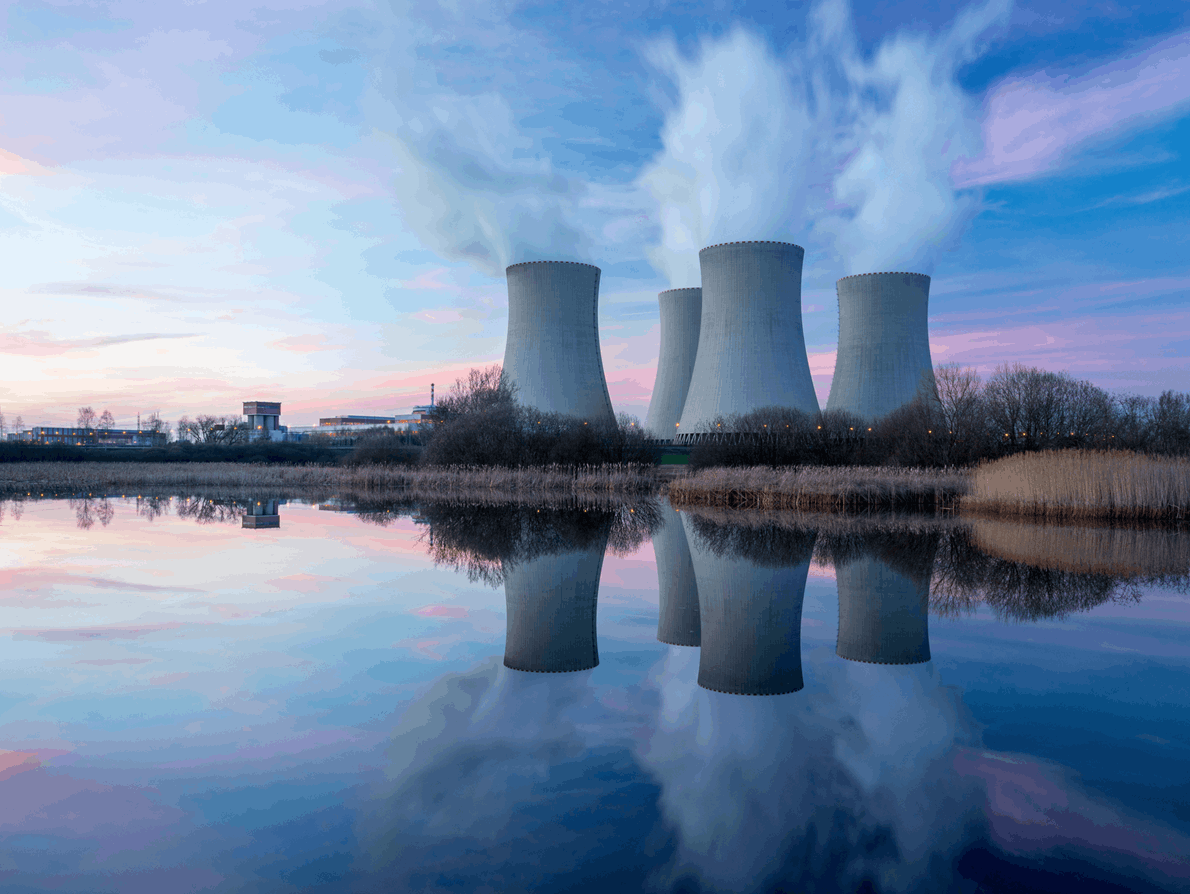By a unanimous vote, the Senate Public Utilities, Energy and Technology Committee advanced HB249 to for a Utah Energy Council and support other energy initiatives.
Proposed by Rep. Carl Albrecht (R-Richfield), the measure passed unanimously in Utah House of Representatives earlier this year.
“This started out as a bill structured for the future of nuclear energy in the state, and ended up as a bill to set up a structure for all energy in the future of the state: gas plants, geothermal, battery storage, wind, solar transmission projects, and as you well know, energy production and reliability is a statewide issue,” Albrecht said.
Nuclear is considered a safe and carbon-neutral alternative to fossil fuels and has been widely adopted in other parts of the world.
Governor Spencer Cox has issued a call to double power production in Utah over the next 10 years. Accomplishing this goal will require building a new nuclear plant.
Artificial intelligence, crypto currency, and the rise of data centers worldwide are resulting in what Scientific American calls a “shocking” need for electricity.
The push for more nuclear power includes reviving the plans for small modular nuclear reactor (SMR) development that has been supported by the Utah Associated Municipal Power Systems (UAMPS). Utah and Texas are challenging the US Nuclear Regulatory Commission regulations, hoping to make developing small reactors more viable.
Energy policy has taken center stage in this year’s legislative session to solve what Gov. Cox calls “a looming energy crisis.”
“We’re going to be focused on, one, making sure the lights come on,” said House Speaker Mike Schultz (R-Hooper). “Two, making sure they come on at a lower price, at a fair price.”
If passed and signed into law, HB249 would create a Nuclear Energy Consortium and Utah Energy Council within the Office of Energy Council. Members of the Consortium will include members of the House and Senate, various executive officials, and experts representing the Idaho National Laboratory, mining industry, nuclear safety, and other industry representatives.
The proposal now advances to the full Senate.

